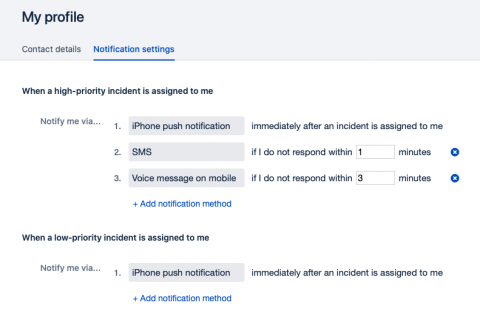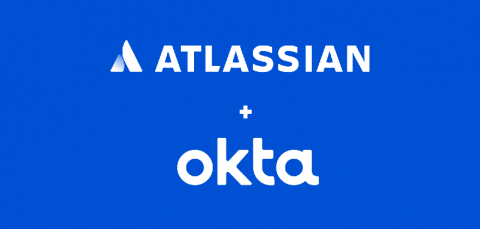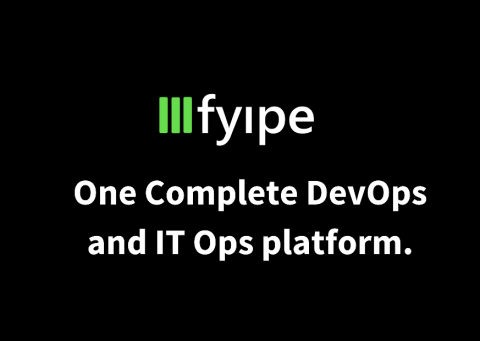Operations | Monitoring | ITSM | DevOps | Cloud
Latest News
Release Notes: Priority-Based Alerting, Support Hours, SMS Alert Sources, Gap Detection in Schedules
With Priority-Based Alerting, you can set different notification rules for high and low priority incidents.
How Can CIOs Seize the Moments That Matter in a Complex World?
Everybody puts value on work. But not all work is the same or valued in the same way. What if we told you there’s a way to gain/protect up to $1 million in new revenue, reduce unplanned downtime by more than 60%, and improve team productivity by nearly 25%? This is where the differentiation of work comes in. Most of our day-to-day work is planned out; i.e., it’s work with structure.
How SIGNL4 supports alert severity
Event and alert severity are extremly important information for an effective alert management and response. Severity information determine the speed of response, needed resource allocation and the action path taken. Naturally, critical alerts have higher priority than major alerts which again overrule minor alerts.
Okta: Atlassian product suite most popular app of the year
Atlassian and Opsgenie are among the most popular apps in the Okta network this year, according to a new report from the security company. From the report: Okta’s Business @ Work 2020 Report takes an in-depth look at how organizations and people work, exploring industries and customers, and the applications and services they use to harness productivity.
DevOps Incident Management: A Guide With Best Practices
This is the one post I hope you’ll never need. However, should you ever need it, this is your one-stop shop for understanding how to proceed with DevOps incident management. Have you just been attacked? Did the commit go wrong? A CI pipeline went haywire? Don’t worry. I got you.
How to reach 99.99% uptime: High Availability in Practice.
With most businesses finding it hard to achieve a 99.9% uptime throughout the year, achieving a goal of 99.999% uptime looks daunting to developers. Here’s how to reach 99.99% uptime for your business. It’s like asking someone to build a bridge that would never collapse or a machine that would never break down no matter what. In short, it is a hard goal to achieve but yes it is achievable.
Hiteshwar shares his thoughts on being an SRE
Checklist for publishing a guest post to Fyipe.
Here’s a quick checklist to publish articles or guest posts on Fyipe Blog. We invite anyone to publish stories to any of our publications. If you wish to contribute. Please send an email to [email protected] with your draft article. Please make sure your draft article follows guidelines in this post. Here’s what all this means for you as a writer: Educate your readers and teach them something new. Cut all the fluff. Get to the point — fast. Do not waste their time.
How to create an on-call schedule that doesn't suck.
A lot of tech companies struggle with creating an effective and efficient on-call schedule internally for their product and service, this results in much longer downtimes when something goes wrong. They often over-burden their team members with repeated on-call duty which results in team member fatigue. Here’s how to create an on-call schedule that your team might love.










